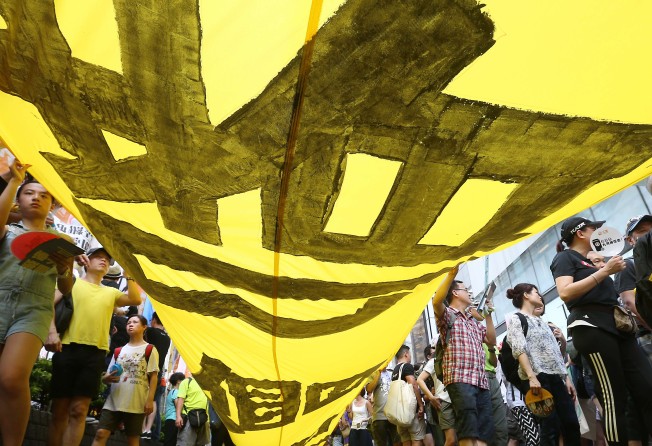The real question Hong Kong must ask over ‘independence’
The city can’t be an independent state, but the issue for its residents is what degree of independence is allowed under “one country, two systems”

After the Brexit vote, CNN ran a lengthy article titled “Hong Kong’s Brexit ambitions: Could city ever be independent from China?”
One could just as well ask a similar question about Texas and the United States. Both scenarios are highly unlikely, if not impossible. Still, there are a minority of people in both places who advocate independence, so the question is not wholly irrelevant.
Unfortunately, Hong Kong’s constitutional setup after 1997 is much misunderstood. This misconception is often betrayed by the rhetorical question: How come Hong Kong people were never offered the option of independence before 1997? In a similar vein, it is sometimes mischaracterised in a sensational way as a colony under a new master. As a Special Administrative Region, Hong Kong actually enjoys a good deal of independence and sovereignty. As Nick Gordon, an occasional Post contributor once wrote: “Hong Kong and Macau have many of the trappings of sovereign states. They have their own currencies, control their own borders, issue their own passports, have their own legal systems, tax and spend as they see fit and have their own set of social and political rights.
“One could even make the argument that with their control over currencies and borders, and freedom from external or central regulation, Hong Kong and Macau have de facto sovereignty that even exceeds … some of the member states of the European Union.”
Interestingly, Brexit was greatly motivated by resentment against real or perceived incursions by Brussels into the supposedly sovereign affairs of Britain.
For practical purposes, Hong Kong does pursue independent and sovereign courses of action in governing, though they are not usually stated as such. But of course, both independence and sovereignty are matters of degree as well as of formality.
You can have nominally sovereign states that are not really independent, for example former satellites of the Soviet Union. In their classic Political Economy of Human Rights, Noam Chomsky and Edward Herman counted 26 client states of the US during the 1970s that used torture as a means of government control and whose domestic affairs the US greatly influenced, including regime changes.
The real question for Hong Kong is not whether it can be a de jure independent state – it cannot – but the degree and extent of independence allowable under an expensive or restricted understanding of “one country, two systems”.